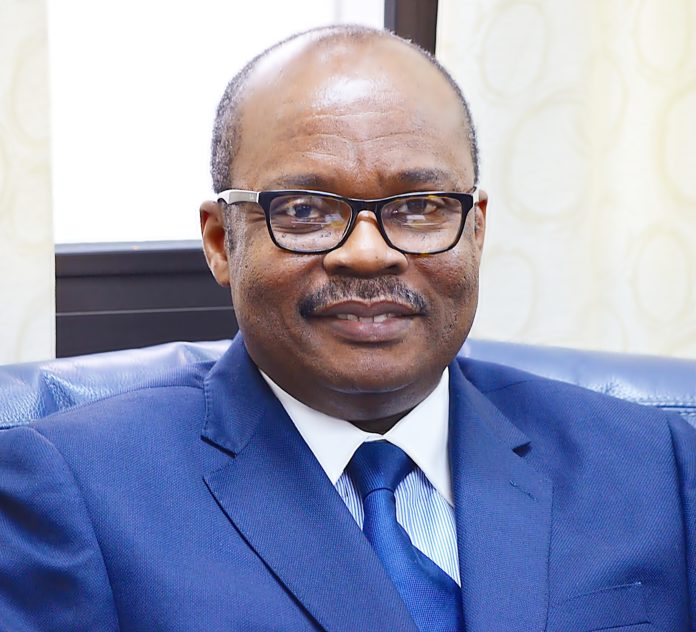Provisional data from the Bank of Ghana, (BoG) on budget execution for the first quarter of 2021 indicates an overall broad cash budget deficit of 2.6 percent of Goss Domestic Product (GDP), slightly higher against the target of 2.5 percent of GDP.
Over the first quarter, total revenue and grants amounted to GH¢12.8 billion representing 3.0 percent of GDP, lower than the projected GH¢15.8 billion which was 3.7 percent of GDP.
Total expenditures and arrears clearance amounted to GH¢24.3 billion representing 5.6 percent of GDP against the target of GH¢26.5 billion which was 6.1 percent of GDP.
The primary balance also recorded a deficit of 0.7 percent of GDP compared to the target deficit of 0.4 percent of GDP.
Financing of the fiscal deficit in the first quarter was mainly from domestic sources, which pushed up the stock of public debt to GH¢304.6 billion at the end of March 2021, compared with GH¢292.7 billion at the end of December 2020.
Read More: Deputy CEO of Forestry Commission Mobbed at Tree Planting Exercise
Of the total debt stock, domestic debt was GH¢163.6 billion representing 37.7 percent of GDP, while the external debt was GH¢141.0 billion also representing 32.5 percent of GDP.
There are signs that the execution of the budget for the first four months point to some improved revenue collections and expenditure containment to ensure real re-alignment to the consolidation path. The fiscal data shows that fiscal revenues have significantly outpaced developments a year ago but slightly lags behind target, according to Dr Ernest Addison, governor of BoG.
The gap in revenue performance viz-a-viz the budgeted target has been somewhat compensated for by expenditure containment measures.
He said risks in the fiscal outlook surrounding wage settlements, energy IPP payments, the potential for arrears build-up, potential for scaled-up expenditures associated with COVID-19 waves and mass vaccination efforts, and the implementation of the Ghana CARES programme, which would have to be carefully managed in a time consistent manner to minimize any deviation from the path of fiscal consolidation.
By Elorm Desewu

